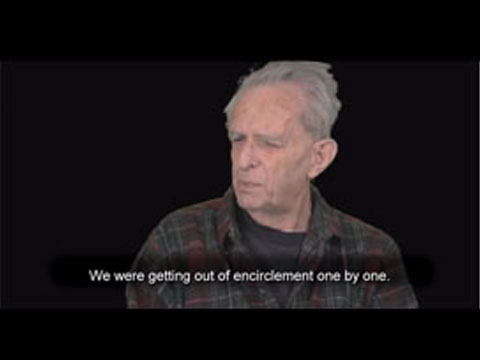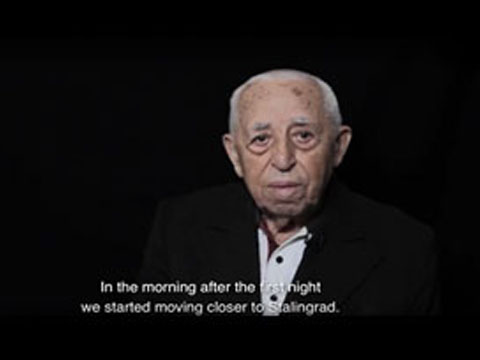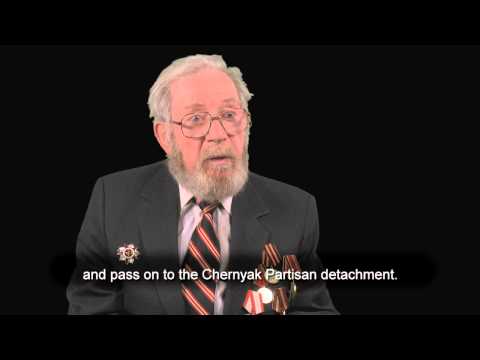
Efim Feldman
Born June 27 1923.
Interviewed In: Toronto, Ontario
Medals Awarded: Order of the Patriotic War (1st and 2nd Class), Order of the Red Star, Medal for Battle Merit, Medal for Courage, Liberation of Riga and Victory over Germany In The Great Patriotic War


